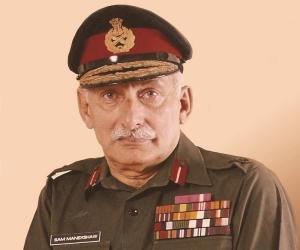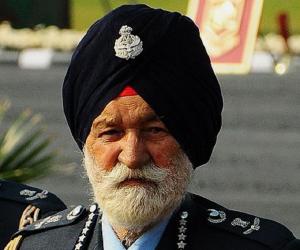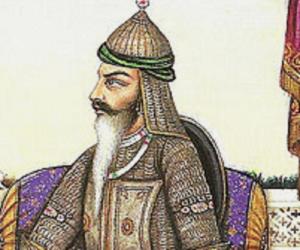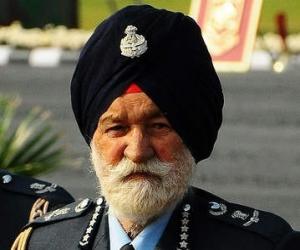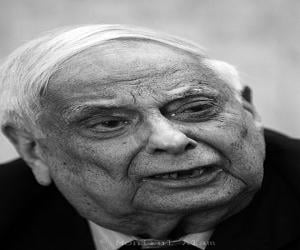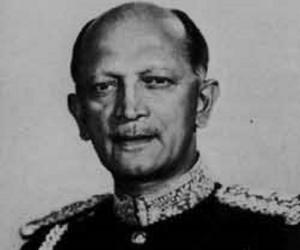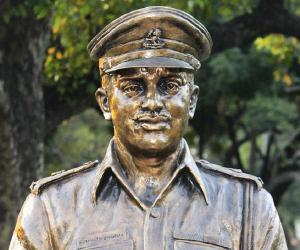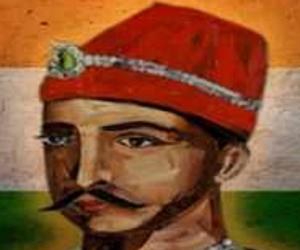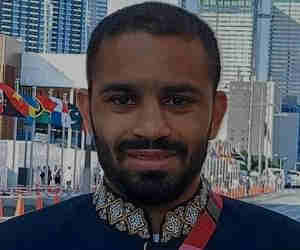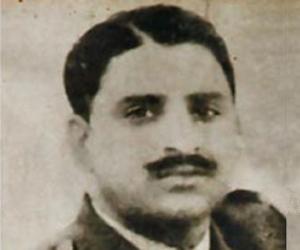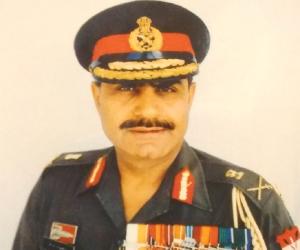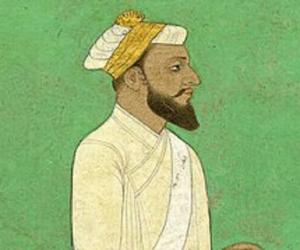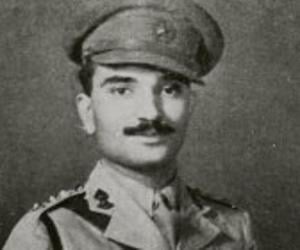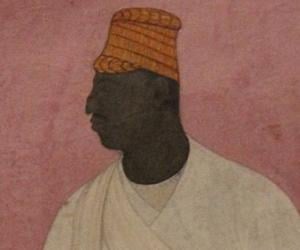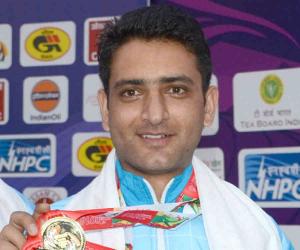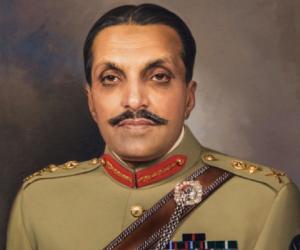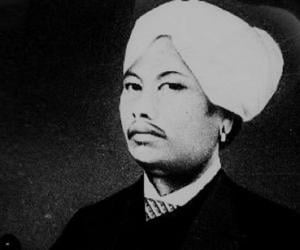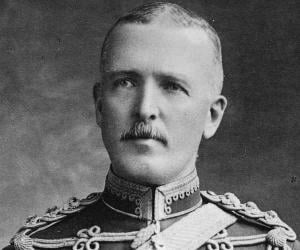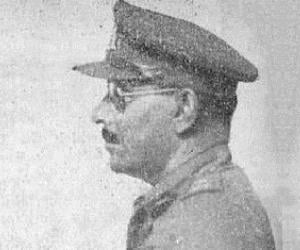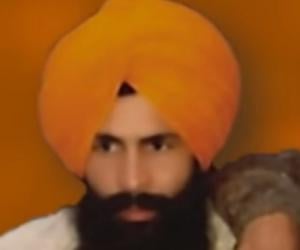1
Sam Manekshaw
(The First Indian Army Officer to be Promoted to the Rank of Field Marshal)
Birthdate: April 3, 1914
Sun Sign: Aries
Birthplace: Amritsar, Punjab
Died: June 27, 2008
Field Marshal Sam Manekshaw was a distinguished Indian Army officer known for his leadership during the Indo-Pakistani War of 1971. His military career spanned four decades, beginning with service in World War II. Manekshaw held various command and staff positions, including being the chief of army staff and the first Indian officer to achieve the rank of field marshal. He played a crucial role in the 1971 war, leading Indian forces to victory and contributing to the creation of Bangladesh. Manekshaw's legacy is marked by his strategic acumen and dedication to the nation.
